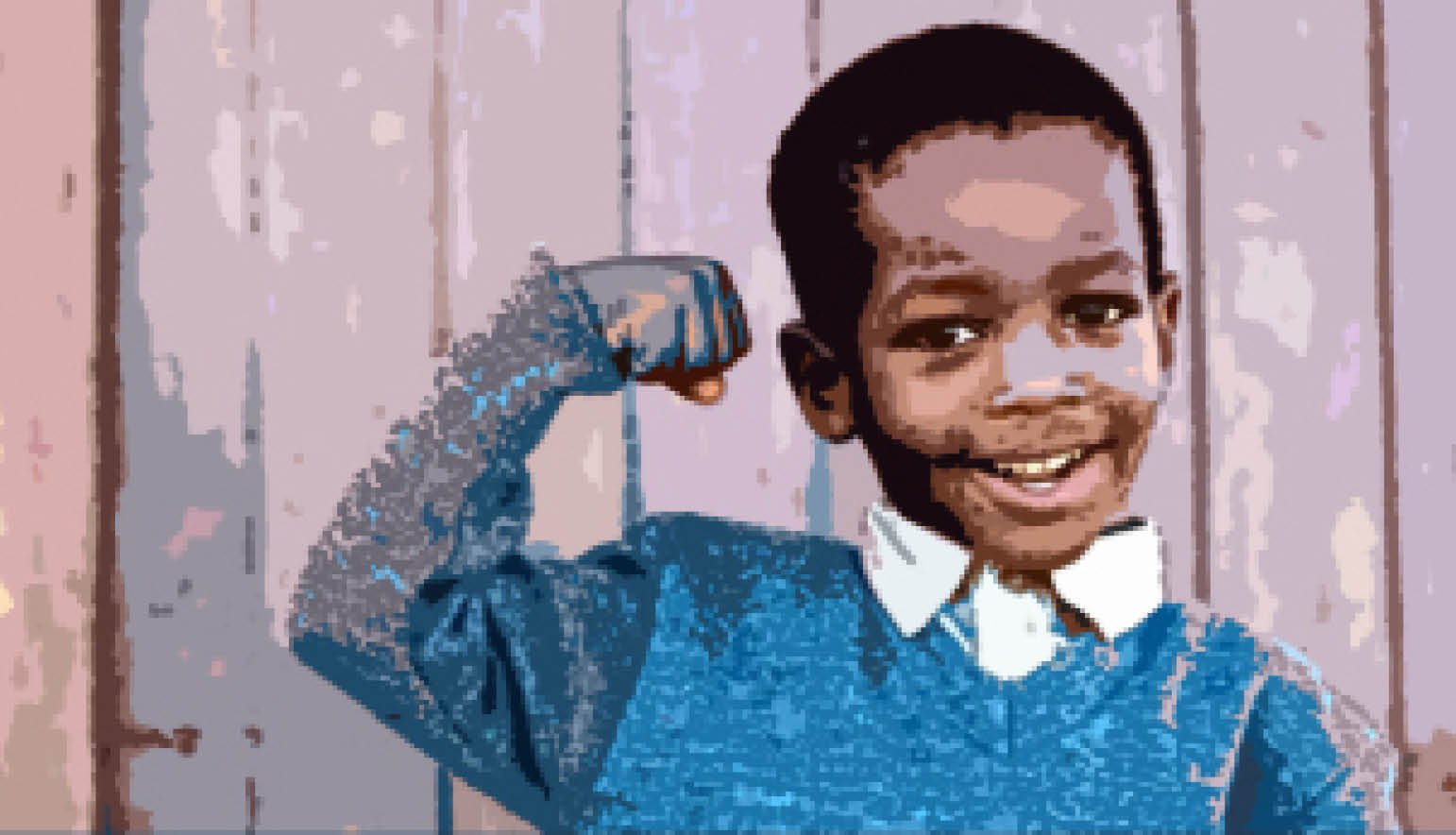In “Outliers,” Malcolm Gladwell shares a story that illustrates how children from different socio-economic backgrounds learn to interact with authority figures, such as doctors. The story contrasts the experiences of those from wealthy family backgrounds and those from a working-class background.
In the example of the wealthier child, the parents take their child to a doctor’s appointment. Unlike in the working-class scenario, wealthy parents encourage their children to actively participate in the appointment. They ask the child to think of questions to ask the doctor, and during the visit, they prompt the child to speak up and engage directly with the doctor. This interaction is used to show how wealthier parents teach their children to communicate confidently with authority figures, to ask questions, and to take an active role in situations that involve them.
Gladwell uses this story to highlight a broader point about social class and communication. He argues that wealthier parents often teach their children skills like assertiveness and how to interact comfortably with adults. These skills, which he terms “concerted cultivation,” help the children to demand and receive respect from authority figures, contributing to their success in later life.
The contrast with children from working-class families is notable. In those families, children are often taught to be more deferential to authority figures and may not be encouraged as much to speak up or question adults. This difference in upbringing, Gladwell suggests, can have long-term effects on the children’s ability to navigate social institutions and achieve success.
Kano police rescue 7 children, arrest 9 suspects
B’ Munich in pole position to secure Varane signature
Another important insight that I took away from the book is the idea of work ethic:
In “Outliers” we learned that successful people weren’t born:
“The lesson here is very simple. But it is striking how often it is overlooked. We are so caught in the myths of the best and the brightest and the self-made that we think outliers spring naturally from the earth. We look at the young Bill Gates and marvel that our world allowed that thirteen-year-old to become a fabulously successful entrepreneur. But that’s the wrong lesson. Our world only allowed one thirteen-year-old unlimited access to a time-sharing terminal in 1968. If a million teenagers had been given the same opportunity, how many more Microsofts would we have today?”
“If you work hard enough and assert yourself,” Malcolm Gladwell writes, “and use your mind and imagination, you can shape the world to your desires.”
Also: “It’s not how much money we make that ultimately makes us happy between nine and five. It’s whether or not our work fulfils us.”
For example, he says “Being a teacher is meaningful.” As if he knows that I love being a teacher.
It was the book that also popularized Ericsson’s 10,000 hours. The book explores the various factors contributing to high levels of success. Gladwell examines the lives of exceptionally successful people and identifies unique circumstances and opportunities that contributed to their achievements. The book is known for popularizing the idea that mastering any skill requires practising it for about 10,000 hours, among other insights.
“In fact, researchers have settled on what they believe is the magic number for true expertise: ten thousand hours.”
For him, talent is not enough. Gladwell contends that the people at the top work extremely hard:
“Once a musician has enough ability to get into a top music school, the thing that distinguishes one performer from another is how hard he or she works. That’s it. And what’s more, the people at the very top don’t work just harder or even much harder than everyone else. They work much, much harder.”
In conclusion, “Outliers” by Malcolm Gladwell is not just a book about the extraordinary success of a few individuals; it’s a profound exploration of the societal and personal dynamics that shape our lives.
Gladwell’s insights challenge us to reevaluate our understanding of success, emphasizing the significant role of environment, opportunity, and dedicated effort.
His stories remind us that developing confidence and resilience in our children involves more than just nurturing their talents; it requires teaching them to engage with the world assertively and to value hard work and persistence.
By understanding these principles, we can better guide our children, regardless of their socio-economic background, towards realizing their full potential.
The true measure of success, as Gladwell reveals, lies in the ability to transform one’s circumstances through relentless effort and a bold approach to life’s challenges.
This message, powerful and inspiring, is a call to action for parents, educators, and society at large to foster environments that cultivate the skills necessary for success in an ever-changing world.

 Join Daily Trust WhatsApp Community For Quick Access To News and Happenings Around You.
Join Daily Trust WhatsApp Community For Quick Access To News and Happenings Around You.


